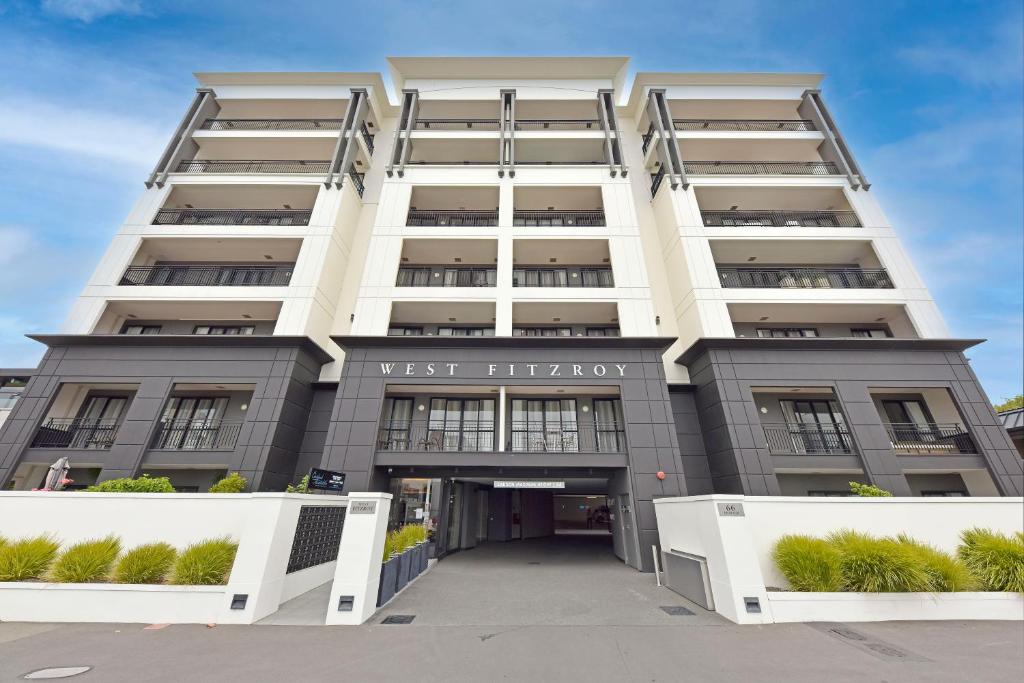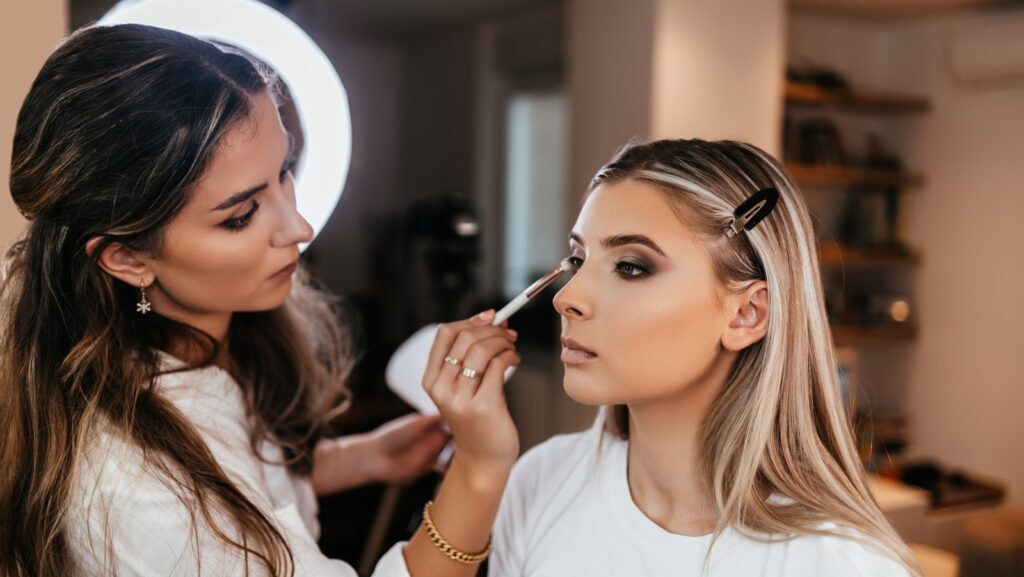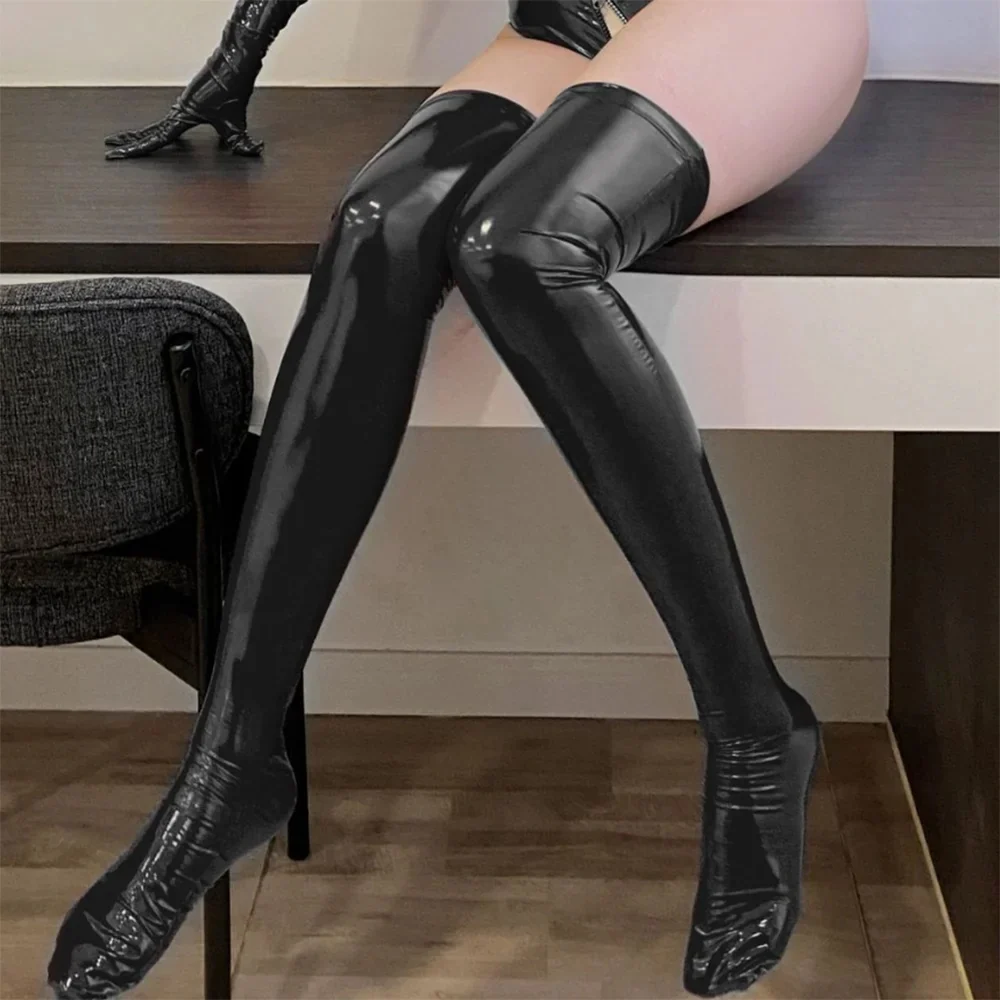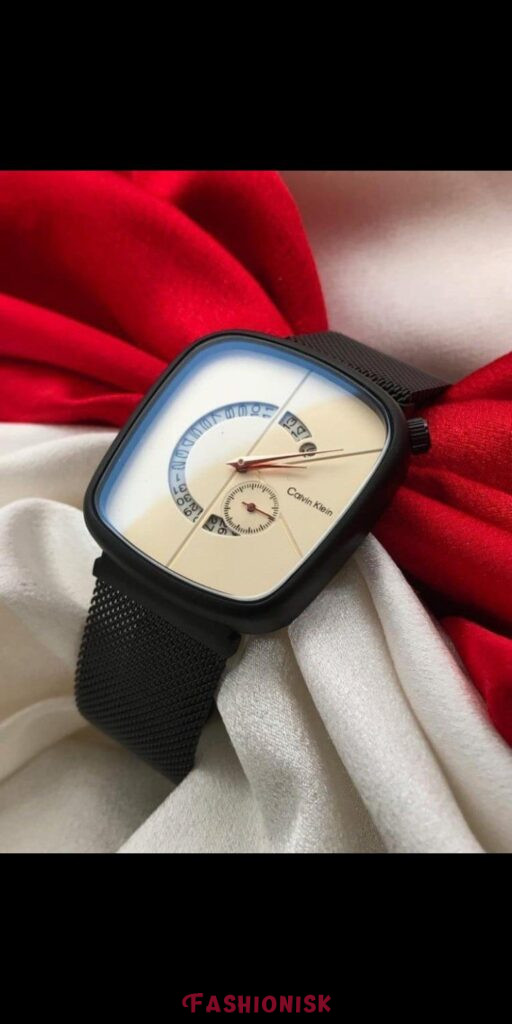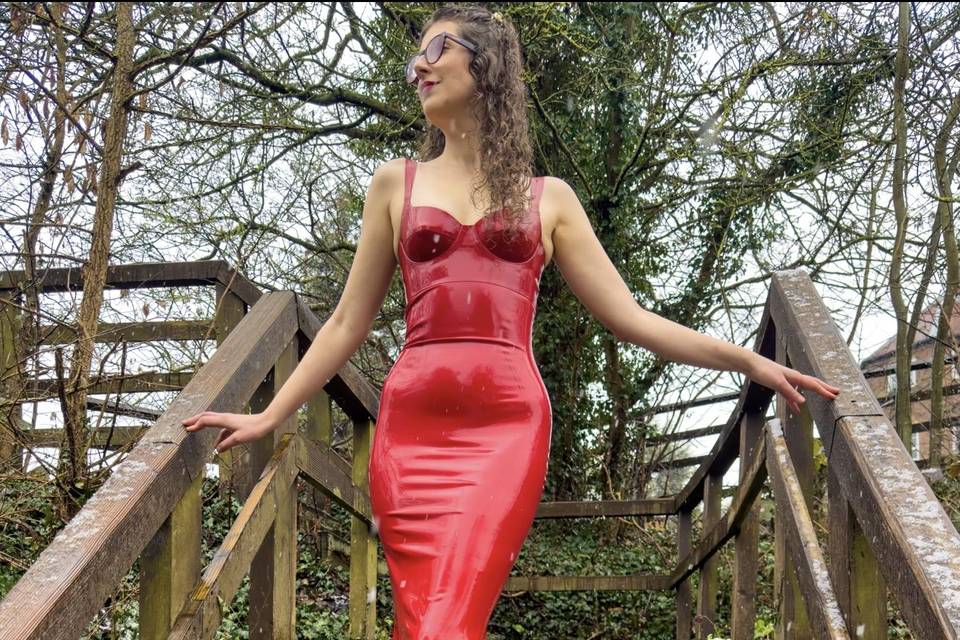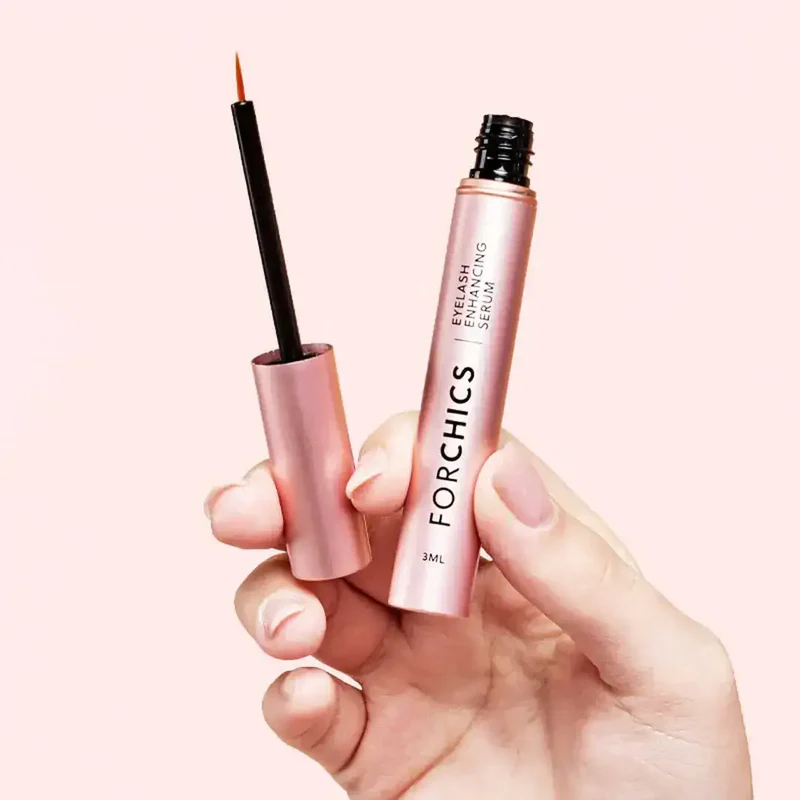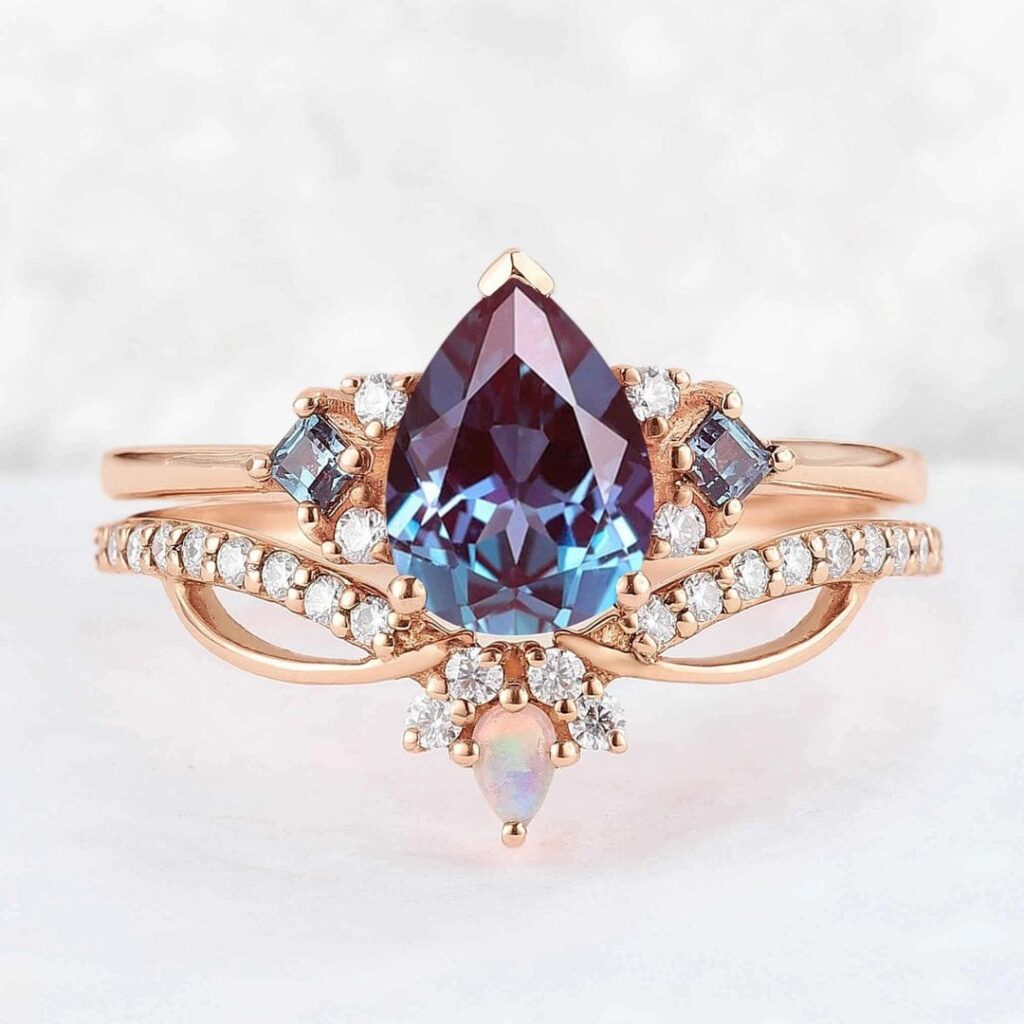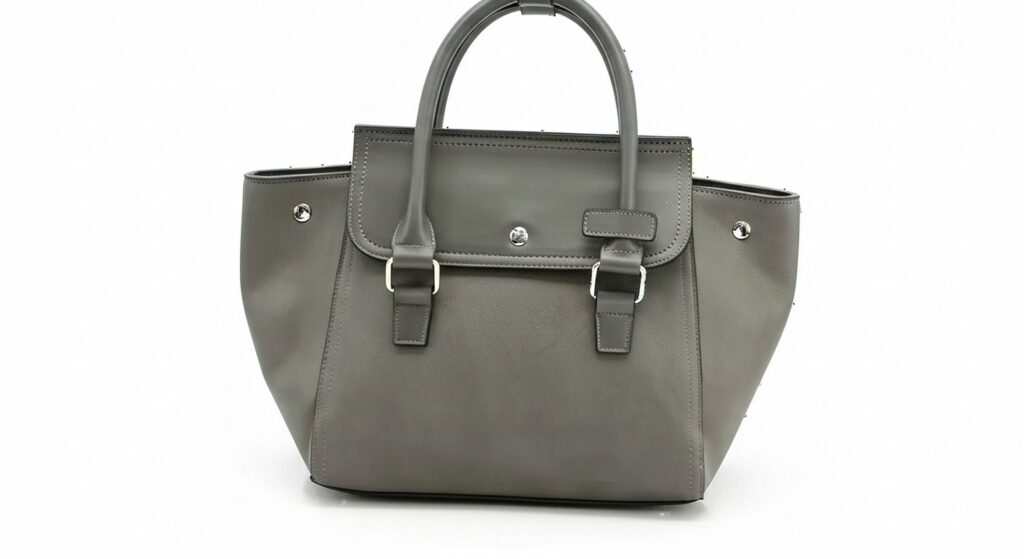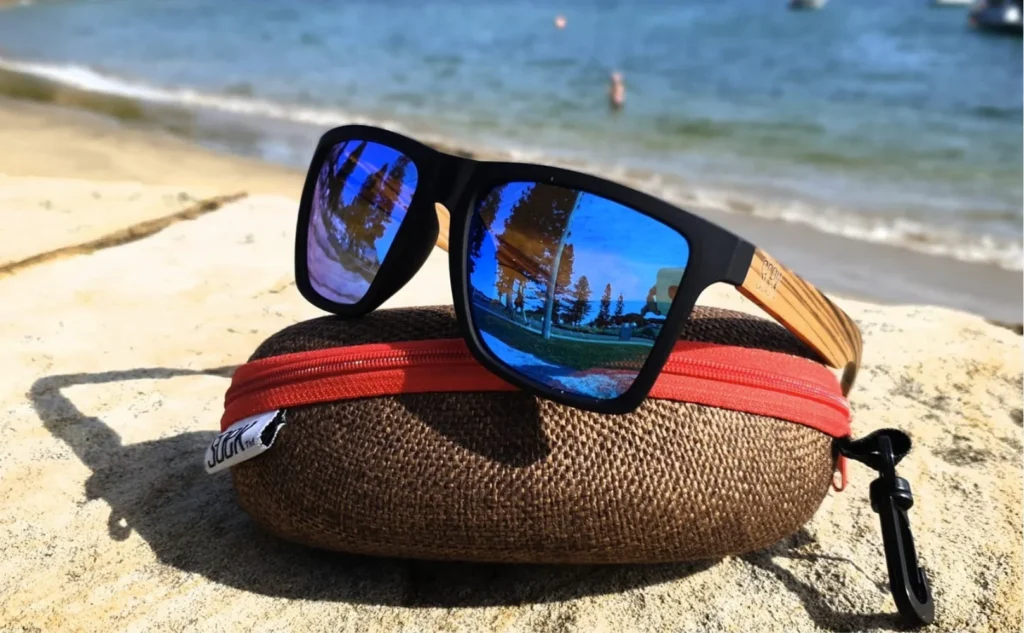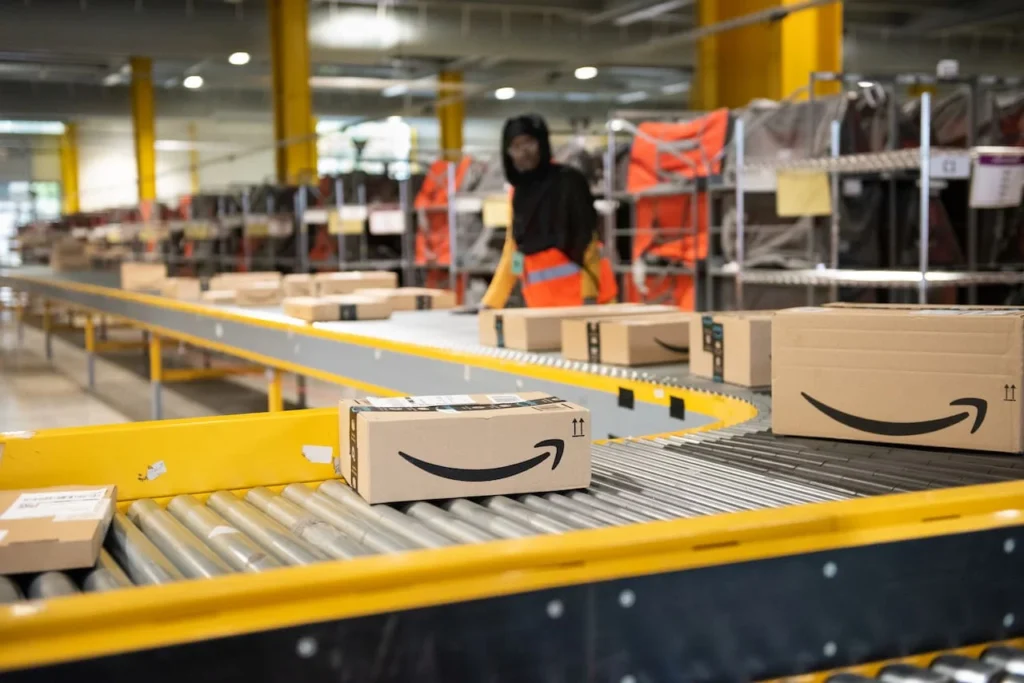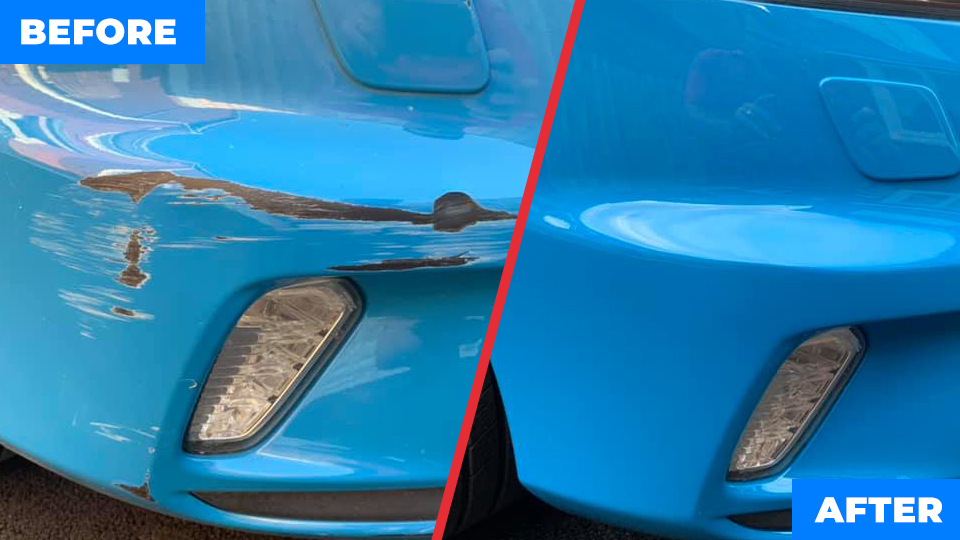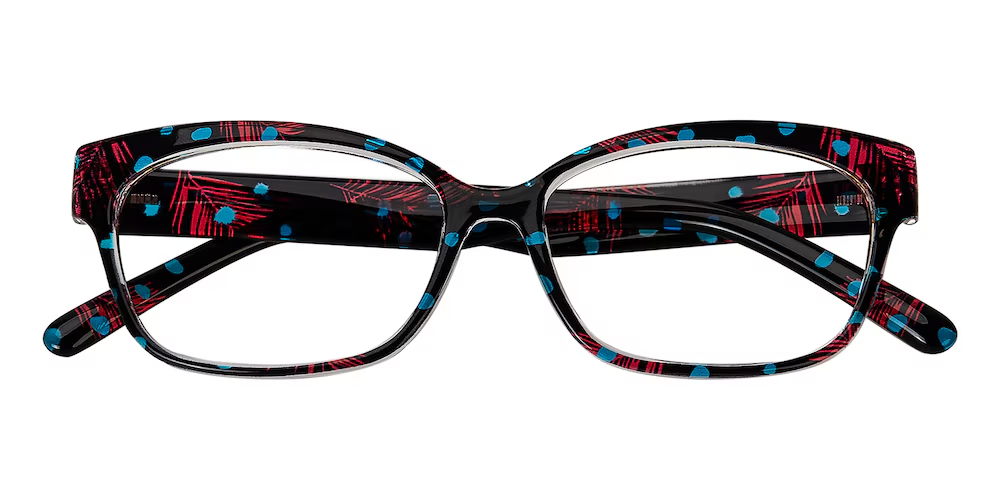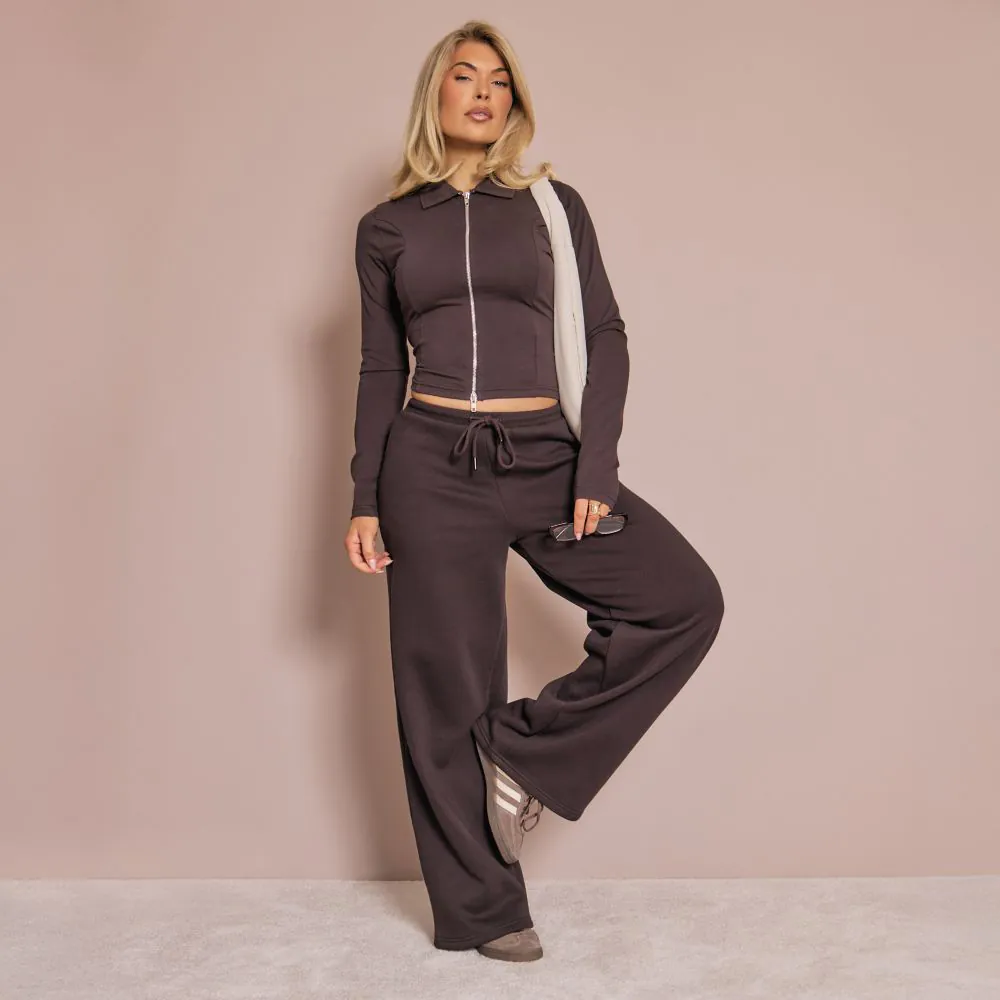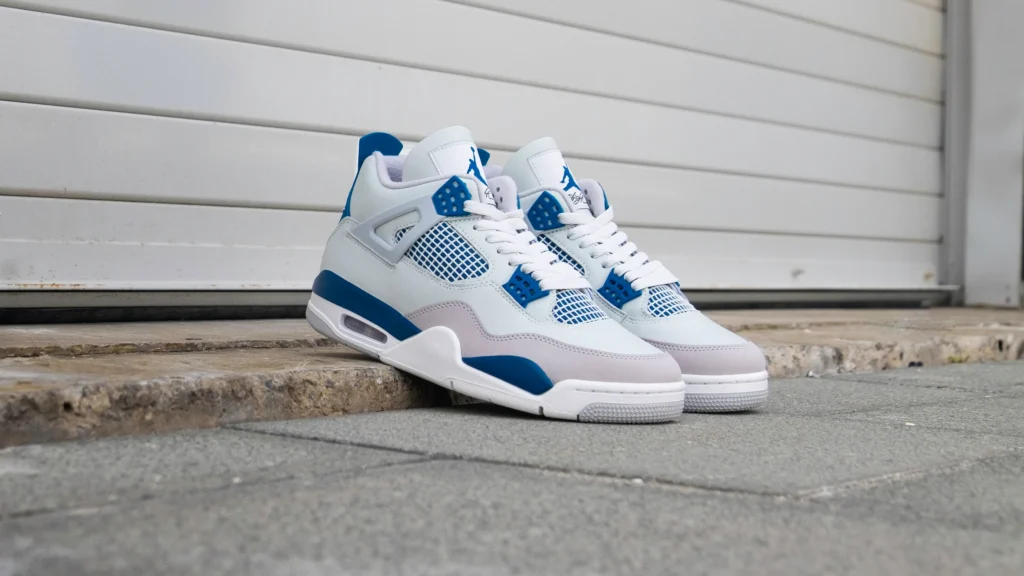How to Choose the Best Pool Pump for Your Inground Swimming Pool

You must select the right pool pump to keep your inground swimming pool clean and safe for swimming. Your pool’s circulation system needs the pump to move water correctly through the filter. A quality pump keeps pool dirt out and stops algae growth while correctly distributing pool chemicals evenly. across the pool water. With various choices, you can find the best pool pump for an inground pool and make a challenging decision easily. Knowing what your pool requires and how pump parts operate will lead you to the right choice. This guide shows you what factors to examine when picking the best pool pump for your inground swimming pool.
Understanding the Swimming Pool Pump’s Working
The swimming pool pump draws water from skimmers and drains and then pushes it into the pool filtering system to return clean pool water. The pump combines a free energy magnet motor with an impeller pump integrated inside the housing. A motor turns to power the impeller blade that pushes the water out. During the filtering process, filters separate dirt particles from water. Certain pumps have built-in strainer baskets that remove large dust particles from entering the filter system. You need to understand how the pump functions, to match your pool requirements.
Tips to Choose the Best Pool Pump:
Step 1: Determine Your Swimming Pool Size
Your pool needs to depend on pool size for the right pump selection. Large pools need strong pumps for proper water flow, but small pools operate with minimal horsepower units. Estimate your pool’s volume in gallons to choose the correct pump. Calculate the number of flow cycles by dividing the total pool volume by normal turnover rates between 8 and 12 hours. This will give you the required flow rate.
Step 2: Consider the Flow Rate
A pump’s flow rate shows the amount of water the pump can move during a definite time period can be expressed in gallons per minute (GPM). Your water moves through the system at the rate set by this measurement. The right flow rate depends on your pool dimensions and filter functionality. Using a too-high flow rate can harm your filter, but too little flow rate may not remove pool dirt properly. You should check the product guidelines for both your pump and filter to pick a compatible pump that operates well.
Step 3: Decide the Type of Pump You Want
The simplest and most budget-friendly pool pump option produces continuous, consistent speed. Variable-speed pumps deliver optimum energy usage through their speed regulation feature according to usage demand. Variable-speed pumps will save you money in the future because they decrease how much energy your pool uses. The correct type will be chosen based on budget and efficiency goals, with variable-speed pumps being the most recommended for long-term cost savings.
Step 4: Check the Output Noise of Your Pump
How much noise your pool pump creates matters, especially if your pool is located near living spaces or neighbours. Sometimes, a swimming pool pump produces weird sounds when the pump is worn out. Depending on the pump type, you will discover that some pumps operate quietly, while other models tend to produce high noise levels. A pump choice with built-in noise reduction will offer you a better swimming experience without causing unnecessary disturbances.
Step 5: Consider Pump Energy Efficiency
Energy efficiency is crucial to keeping operational costs low. Pool pumps use a lot of electrical power, especially if they run continuously. By automatically adjusting speed to match pool requirements, variable-speed pumps are the most energy-efficient. An energy-efficient pump reduces your electricity bills and extends your equipment life. If you’re looking for the power to choose Round Rock, comparing electricity rates can help you find the best plan for your needs.
Step 6: Check for Greater Long-Term Savings
Long-term savings go beyond just the initial purchase price of the pump. Review all expected maintenance bills and see how long the product will last under warranty coverage. Since durable pumps need more money initially, they pay off through smaller energy costs and improved reliability. Selecting a pump that performs well and lasts long brings better returns on your investment.
Concluding Thoughts
Your decision on which pump to buy for your inground swimming pool depends on multiple important aspects. From pool size to energy efficiency, each element plays a crucial role in ensuring optimal performance. The ideal pump choice improves pool water circulation, prevents scaling, and reduces electricity usage. By using this selection process, you will find and choose a pool pump that matches your preferences and promotes better pool operation. Deciding between these will help you build a perfect swimming pool that gives you pleasure for many swimming seasons.

